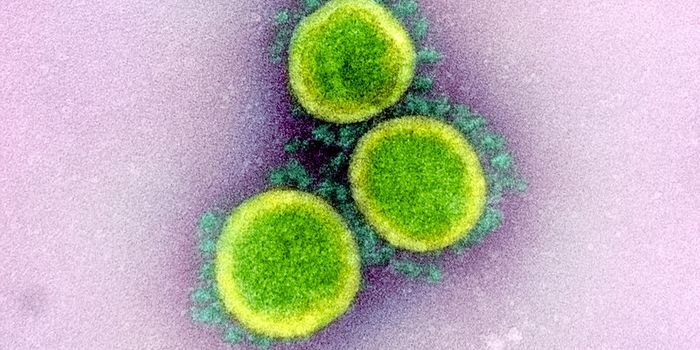About three to six percent of the population is fervently afraid of spiders. Just the thought of the hairy eight-legged creatures is enough to invoke a primal urge to strike, run, and scream. But for one scientist in Ireland, spiders are creatures of fascination and intrigue. In fact, the more poisonous, the better!

Michel Dugon from NUI Galway is embarking on an expedition to find out whether the venom from the spiders in Ireland have therapeutic potential, especially against cancer.
Ireland is home to over 400 species of spiders, and they’re all venomous. While these spiders don’t normally kill people, Dugon is banking on the venom’s overlooked medicinal value.
The chemicals in spider venom are exquisite in their power. But ironically enough, the chemical properties that make these natural toxins so dangerous are also what make it so valuable as medical cures. As it turns out, some of the most active components of toxins affect the same enzymes and pathways in certain diseases.
Deriving the key active ingredients from the toxins could yield huge therapeutic potentials. Aside from yielding the key chemical compound, toxins also lead scientists to better understand how certain diseases work, what pathways are affected, and what proteins may be curative.
“These toxins, once rearranged, can become powerful tools for the treatment of diseases. It is already asserted that each species of spider possesses its own cocktail of toxins, giving unique properties to its venom. Worldwide, this represents at least 40,000 toxic blends that might hold treatments for diseases crippling millions of people,” said Dugon.
So far, of the over 400 species, Dugon says that he’s already identified two that have promising potential for therapeutic use. One of these is the false black widow spider (
Steatoda nobilis), which, after arriving in 1997, quickly earned the title of “the most venomous spider in the UK.” The venom can cause pain and irritation in people similar to a wasp sting, but Dugon says it behaves much more favorably in cancer.
“The common false black widow spider actually deals with cancer cells in a way that is different than healthy cells,” Dugon said. But he’s yet to provide additional details on how this venom affects the cancer cells and how this can be exploited for cancer therapy.
So far, toxinologists are hard at work screening natural toxins for medicinal values. Of the possible 20 million toxins in nature, fewer than a 1,000 have been analyzed. And of that, only about a dozen have made it as a marketable drug.
Additional sources:
BBC,
News Target,
Galway Independent









